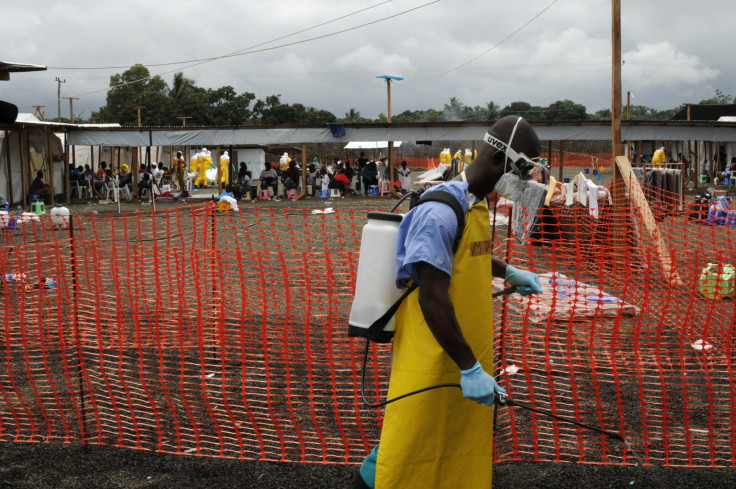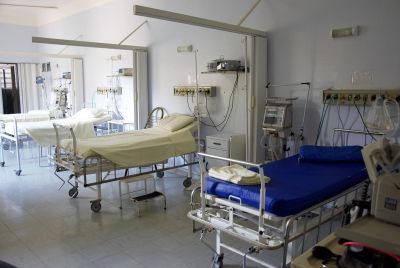Ebola Outbreak: WHO is 'Playing Russian Roulette with Lives of Frontline Health Workers'

An expert in infectious diseases has criticised the World Health Organisation for taking insufficient precautions against the Ebola virus for its frontline health workers.
Raina MacIntyre, a professor of Infectious Diseases Epidemiology at the University of New South Wales, said WHO and the US Centers for Disease Control were playing Russian roulette with the lives of their health workers.
The WHO recently voiced concern over the "unprecedented" number of healthcare workers hit by the outbreak, with more than 120 workers dead and over 240 others infected.
Since December 2013, West Africa has been affected by the worst outbreak of the Ebola virus since its discovery in 1976. The death toll has surpassed 1,900 and more than 3,000 people have been infected.
In a co-authored editorial in the International Journal of Nursing Studies, MacIntyre said the recommendations for staff treating Ebola patients to wear masks and goggles were not enough to curb the spread of infection.
"I have conducted the world's largest randomised control trial of respirators and surgical masks, and it is concerning to me that we are dealing with a disease which has a fatality rate of up to 90% and yet we are not taking the most cautious approach," she said.
I have conducted the world's largest randomised control trial of respirators and surgical masks, and it is concerning to me that we are dealing with a disease which has a fatality rate of up to 90% and yet we are not taking the most cautious approach
"If our healthcare workers die we have no hope of controlling the outbreak. There has been no criticism of the guidelines but lots of commentary supporting them. But they're playing Russian roulette with frontline health workers' lives."
MacIntyre highlights that laboratory researchers working on the virus were required to wear full protective clothing, but goggles and face masks were deemed suitable for healthcare workers.
Ebola is spread through human-to-human transmission, with infection resulting from direct contact with infected blood, secretions, bodily fluids or organs, via broken skin or mucous membranes.
MacIntyre said the guidelines suggested scientists had one set of guidelines, while health workers had another.
"It's like they have no concept of what the clinical setting is like," she said. "The hospital is an unpredictable, highly contaminated setting which poses higher risk of Ebola transmission."
Medical charity Médecins Sans Frontières last week said world leaders are failing to address the worst ever Ebola epidemic, at a United Nations briefing.
Speaking to IBTimes UK, Sandra Smiley, of the charity, said the deaths of health care workers had spread fear among communities affected by the virus.
"Health care workers dying has caused people to be fearful, though many of those workers died in situations where the appropriate precautions weren't taken," she said.
"Healthcare posts had to shut because people are scared to go to work. That's a really troubling thing, because of a lack of skilled healthcare workers in the first place."
© Copyright IBTimes 2025. All rights reserved.






















